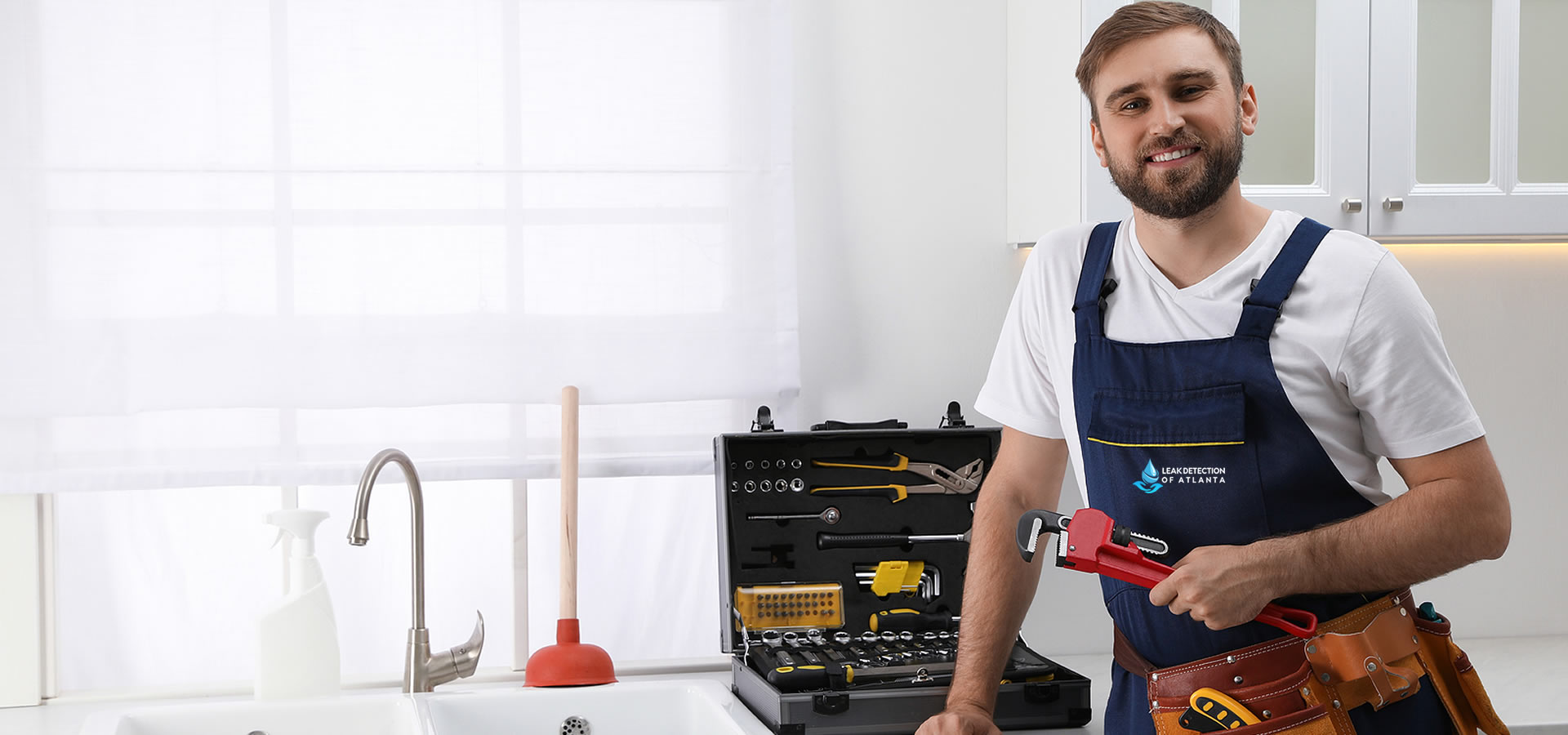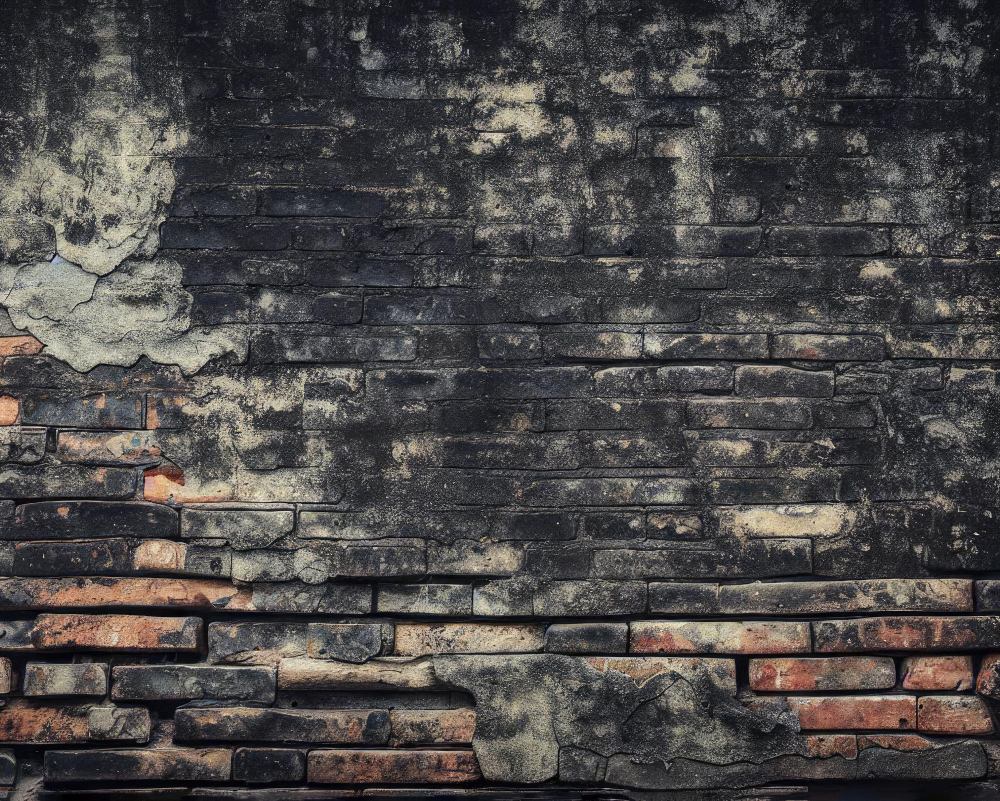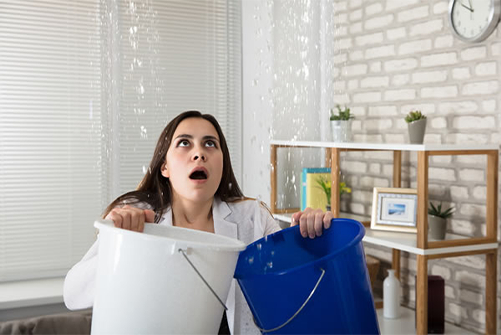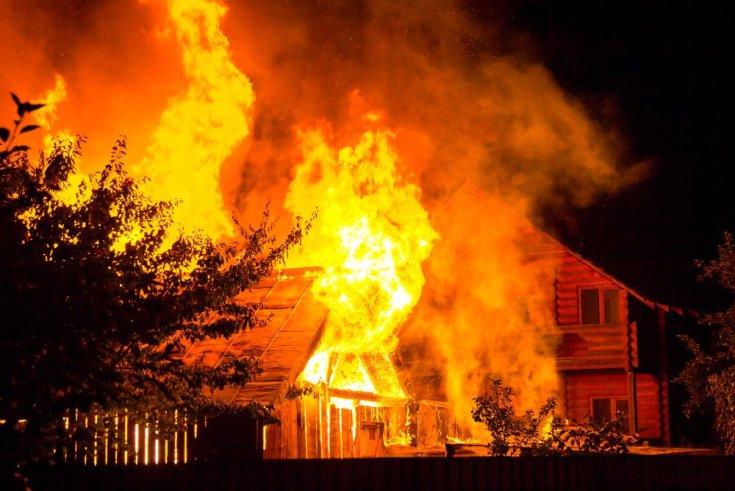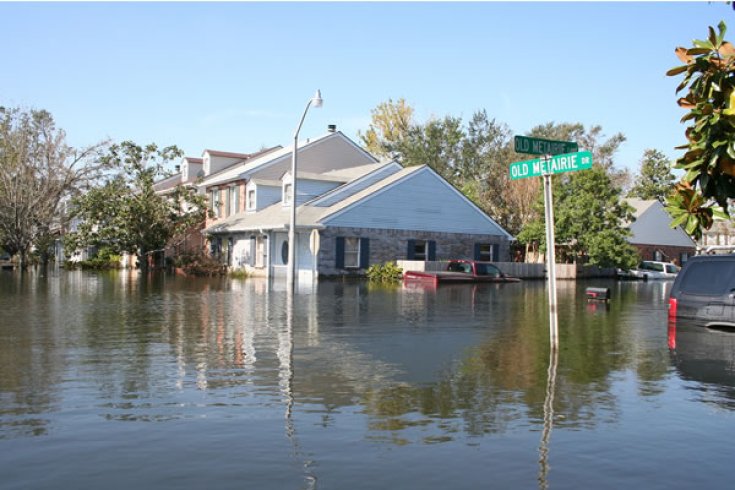How to Remove Soot from a Brick
Homes with brick surfaces have a classic charm, but the beauty can be swiftly ruined by soot and becomes an eyesore. Water damage and soot buildup often go hand in hand, so it's critical to take quick action on both problems.
In this blog post, our professionals from Leak Detection of Atlanta will dive into effective methods to remove soot from brick and explore the crucial steps of water damage restoration, water damage removal, and water damage cleanup.
Understanding the Causes
Understanding the underlying problems is essential before beginning the cleansing process. Whether from a wood-burning stove, fireplace, or even candles, incomplete combustion frequently results in soot buildup on brick surfaces. Furthermore, unchecked water damage can make matters worse by encouraging the growth of mold and mildew on the brick.
Safety First
Safety should come first when starting any cleaning procedure. Put on protective gear to protect your respiratory system from any respiratory irritants found in soot, such as gloves, safety glasses, and a mask.
Dry Cleaning
To start the cleaning procedure, remove loose soot using a dry technique. Surface soot can be efficiently swept away using a soft-bristle brush or a vacuum cleaner equipped with a brush attachment, preventing it from spreading further. Avoid using too much force when cleaning as this could further ingrain the soot into the brick.
Wet Cleaning
A solution of water and mild dish soap can be quite effective in removing persistent soot stains. Using a sponge or soft brush, create a soapy solution and apply it to the affected regions. Make sure to go into all the cracks and gently scrub the brick. After that, give the surface a thorough water washing to get rid of any soap residue.
Specialized Cleaners
If soot stains are still present, you might choose to use one of the brick cleaners that are specifically designed for this purpose. These cleansers are designed to remove tough stains like soot. Always read the manufacturer's directions carefully, and make sure the cleaner is compatible with your brick by testing it on a tiny, discrete area first.
Water Damage Restoration
Since the soot removal procedure has started, it is imperative to take care of any underlying water damage problems
Find the source of the water damage, be it a plumbing problem, a leaky roof, or something else entirely. It is imperative to address the underlying problem in order to stop further mold development and water damage.
Dry Out the Affected Area
Fans and dehumidifiers can help hasten the drying process. Successful water damage restoration depends on the damaged area being completely dried out, as mold and mildew grow best in moist conditions.
Mold Inspection and Removal
Mold growth is generally the result of water damage. Perform a thorough check, and if mold is found, remove it with the specified cleaning solutions and safety measures.
Repair and Restore
Examine the affected regions' structural integrity once the soot has been removed from the brick and the water damage has been reduced. Restore the surface to its previous splendor by repairing any damaged paint, masonry, or brickwork.
Need a Reliable Company?
Are you in need of a water damage restoration? Luckily, we at Leak Detection of Atlanta have dedicated workers ready at your service. Contact our representatives for more questions.

